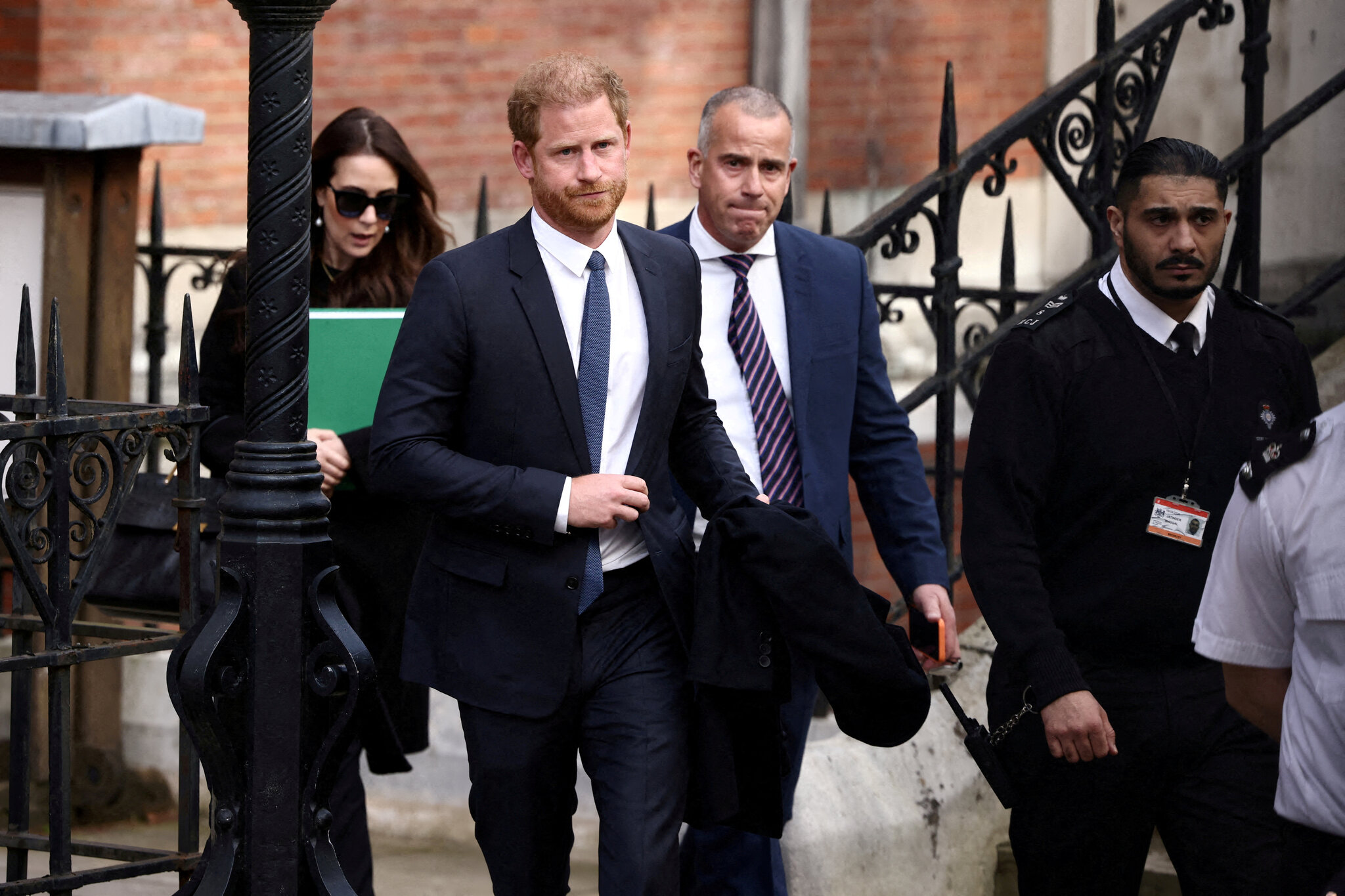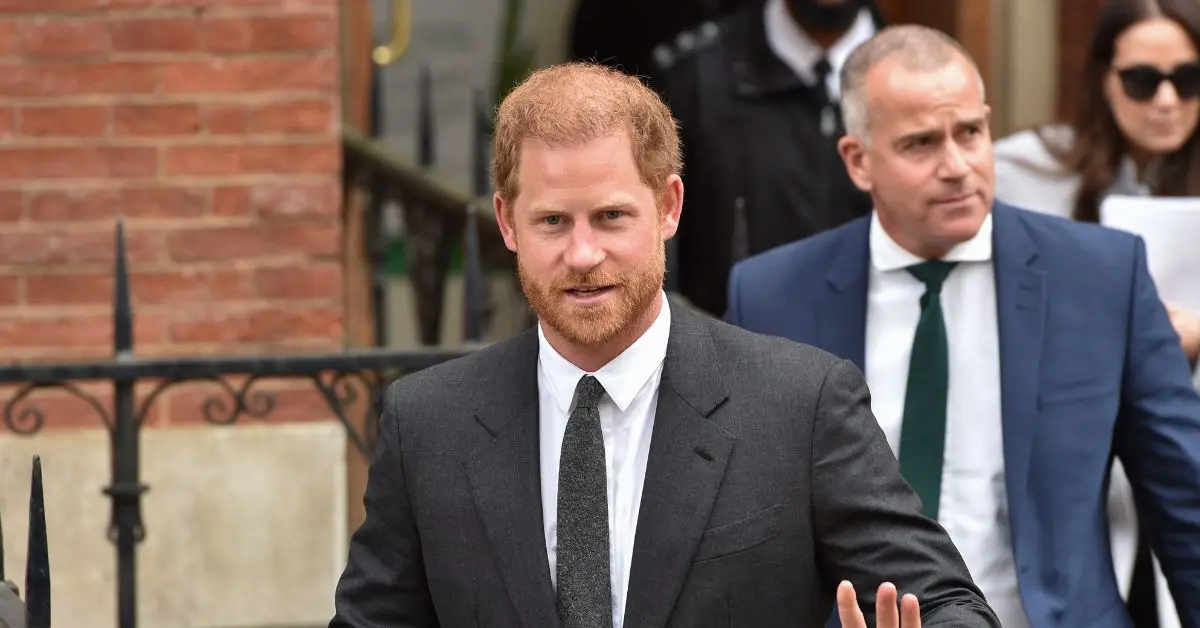Prince Harry is worried about the safety of his family—Meghan Markle and their children Archie and Lilibet—if they visit the UK. He lost police protection when he stopped being a senior royal in 2020. Despite winning some legal battles and asking for public funding for security during UK trips, his requests have faced challenges in court, including a judge refusing to speed up his case.
The issue of security has become a pivotal factor in Prince Harry’s reluctance to bring his family to the UK. Without police protection from the Metropolitan Police, he feels unable to ensure their safety, a sentiment echoed by Meghan Markle, who has previously expressed fears over their security, even during their time as working royals.
This concern reflects broader anxieties within the family, exacerbated by media scrutiny and the historical context of Princess Diana’s tragic death in 1997, which occurred without police protection.

Prince Harry
The British media’s portrayal of Meghan Markle in comparison to other royals adds another layer to Harry’s concerns. There’s a perception of biased coverage that may influence public opinion and potentially impact their safety. Despite their residence in Montecito, Meghan’s reported worries about safety and security persist, underscoring the ongoing impact of their public and personal security concerns.
The emotional toll of Princess Diana’s death continues to resonate with Prince Harry, influencing his views on security and safety. The tragic circumstances of his mother’s passing, without police protection, remain a haunting memory for him. This historical backdrop reinforces his current stance on ensuring adequate security measures for his own family, particularly during visits to the UK.
Prince Harry’s reluctance to bring Meghan and their children to the UK revolves around his deep-seated concerns about their safety in the absence of sufficient police protection. These anxieties are not only shaped by legal battles but also by personal and historical experiences, reflecting a complex interplay of family history, media dynamics, and contemporary security challenges.











































